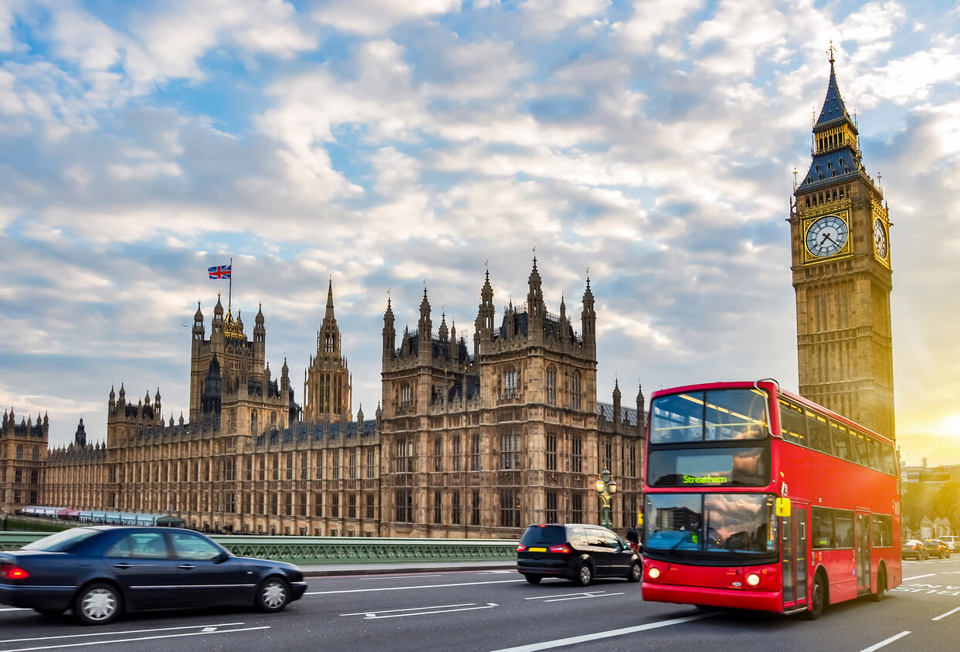The Government has endorsed a new fleet strategy that will result in significant savings for public sector fleets.
The strategy will see central government fleets moving towards centralised procurement by standardising vehicle requirements and aggregating spend.
Currently, the central government fleet is 41,000 vehicles and a comprehensive review by the Efficiency and Reform Group last year identified potential savings in the region of 15% over the next two years for central government fleet operations, including commercial vehicles.
A central government fleet strategy team with procurement and fleet representatives from central government departments, including Her Majesty’s Revenue and Customs (HMRC), the Department for Work and Pensions (DWP) and Department for Environment, Food and Rural Affairs (DEFRA) (represented by the Environment Agency) was formed last year.
Dale Eynon, head of fleet operations at the Environment Agency, said: “It’s about standardising vehicles you can have as a part of a lease car policy. We’ve been looking at standard terms and conditions such as end of contract damage and whether you can have extras on the car or not.
“It’s quite a controversial and difficult subject. At the moment there are a number of lease car policies among government departments and we are trying to create a single policy.”
However, he said that he could “see the logic in standardising”.
“The specification we’ve agreed for vans is pretty good – it’s 80% or 90% what we’ve currently got,” Eynon added.
“We have had to compromise on offering air conditioning and we expect to get some kick back from drivers, but we will have to explain that this is a pan government initiative to get the country out of large amount of debt.”
Standard specifications are not being created for every type of vehicle though. If there is an obscure requirement the organisation will be able to procure that vehicle independently.
The central government fleet strategy is due to implemented in June 2011, although the full details have not yet been published.
A Cabinet Office spokesman confirmed that the standard policy principals and the standard specifications for vehicles have been approved by the Procurement Executive Board.
Although the policy initially looked at standardisation on vehicles it is expected to broaden out to include other aspects such as fuel cards and rental.
A local government fleet strategy team has also been set up. According to the chairman Phil Clifford, fleet and technical manager at St Edmundsbury Borough Council, its purpose is to
“replicate the best practice, lessons learned and standardisation within the local authority space, where beneficial”.
eAuctions
The role which eAuctions - an online procurement technique with suppliers bidding in real time - might play in the new vehicle procurement strategy has not been confirmed by Central Government.
A spokesperson for the Cabinet Office said: “Until the Centralised Category Procurement strategy is ready to implement we can’t say for definite what part eAuctions will play in central government fleet procurement.”
However, the spokesman acknowledged : “Advantages of eAuctions are the savings delivered by choosing vehicles based on wholelife costs, standardised specifications and aggregation of demand across government.
“The first eAuction, which took place in August 2010, was very successful and delivered impressive cash savings.
“HMRC, DWP, Environment Agency, Veterinary Laboratories, Valuation Office Agency and Health and Safety Executive saved £702,733 against a pre-auction value of £2.3m.”
Vehicles were sourced to a range of specifications which were agreed in advanced with the departments that took part in the auction.
While vehicle manufacturers see the move towards centralised procurement as “a good thing” some concerns have been expressed about the eAuction process.
“Its primary focus is on manufacturer discount which is not a sustainable model,” said Stephen Chater, corporate operations manager for BMW UK.
Another manufacturer, who did not wish to be named, commented: “There are so many variables when you are buying a car – it’s a very complex purchase.” eAuctions has “dumbed down” the process.
















Login to comment
Comments
No comments have been made yet.